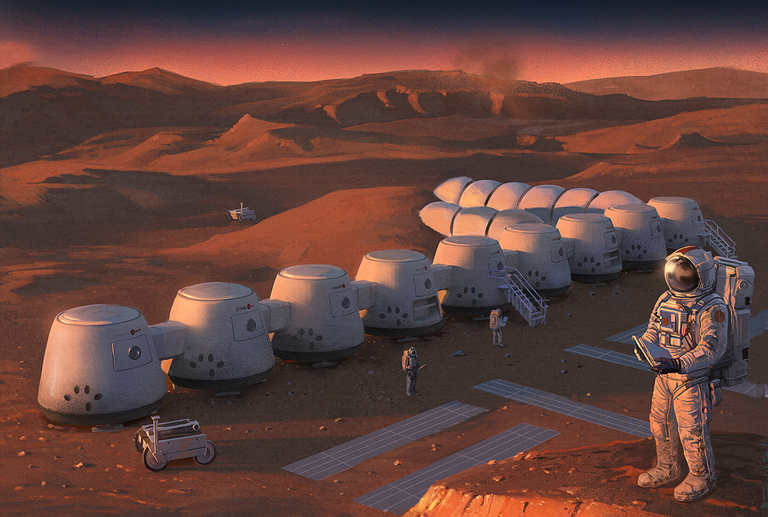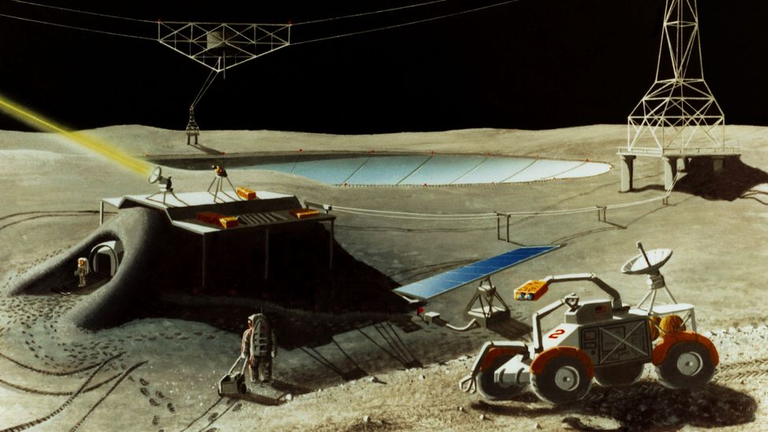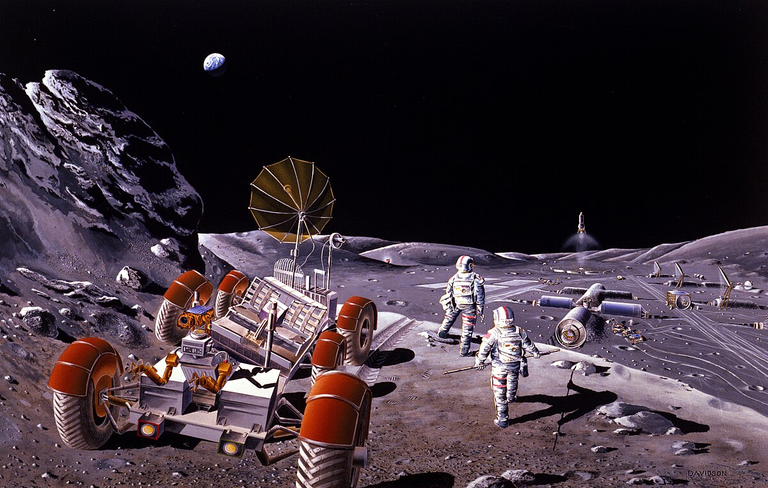
Humanity has always dreamed of exploring new frontiers, and space colonization represents the next giant leap. With advancements in technology, ambitious projects by NASA, SpaceX, and other space agencies are bringing us closer to establishing permanent settlements beyond Earth. Colonizing space could ensure the survival of our species, provide access to valuable resources, and expand our understanding of the universe.
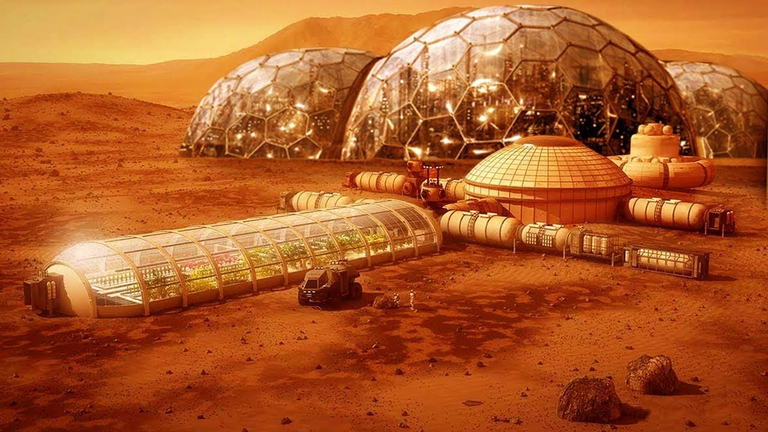
Colonizing the Moon: Our First Space Outpost
The Moon is the most immediate and practical destination for human colonization. Its proximity to Earth, just a three-day journey away, makes it an ideal testing ground for space habitats. NASA’s Artemis program aims to establish a sustainable lunar presence by the 2030s, while private companies like SpaceX and Blue Origin are working on lunar missions. The Moon’s resources, including ice deposits at its poles, could support life and be converted into fuel for deeper space missions.
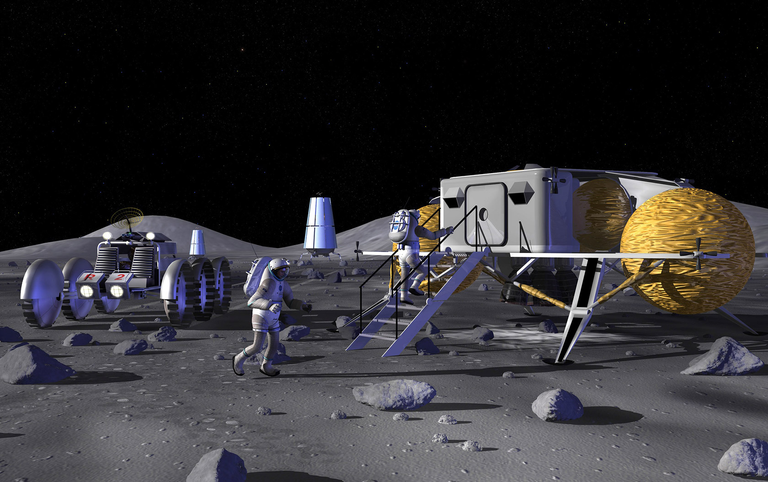
Mars: The Next Great Frontier
Mars has long been considered the ultimate goal for space colonization. With its Earth-like day length, the presence of water ice, and a thin atmosphere, it offers a potential home for future settlers. SpaceX’s Starship project is actively developing reusable spacecraft to transport humans to Mars, with Elon Musk envisioning a self-sustaining city on the Red Planet within the next few decades. Challenges such as radiation exposure, extreme temperatures, and psychological effects of isolation must be addressed before large-scale colonization can become a reality.
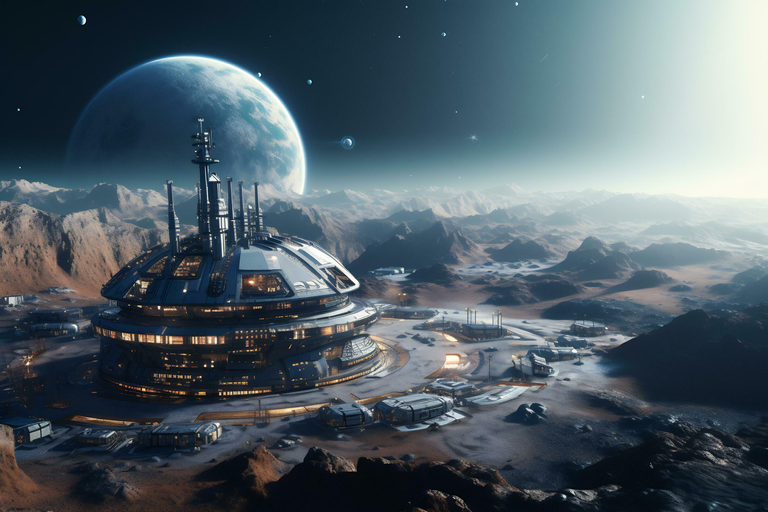
Beyond Mars: The Outer Solar System and Exoplanets
While the Moon and Mars are our initial targets, the long-term vision for space colonization extends beyond. Moons of Jupiter and Saturn, such as Europa and Titan, offer fascinating possibilities due to their subsurface oceans and potential for life. Meanwhile, scientists are searching for habitable exoplanets in other star systems, using powerful telescopes to identify Earth-like worlds. While interstellar travel remains a distant dream, future breakthroughs in propulsion technology could make it a reality.
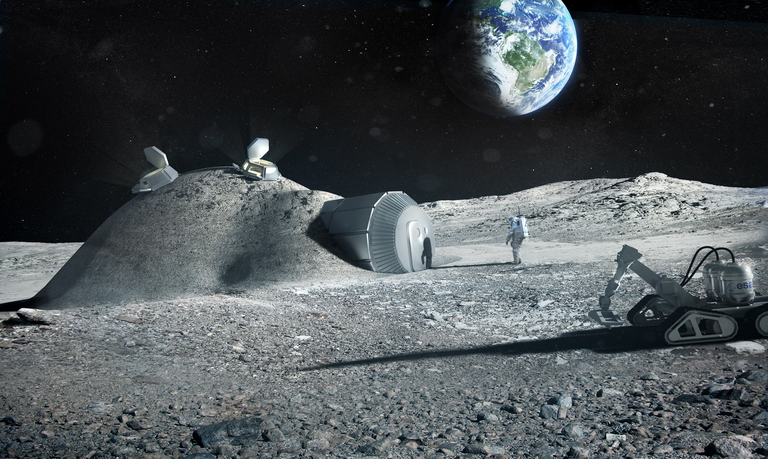
Challenges of Space Colonization
Despite the excitement, space colonization faces significant hurdles. Astronauts will need reliable life-support systems, sustainable food production, and effective radiation shielding to survive long durations in space. Ethical and legal concerns, such as planetary protection and ownership rights, must also be addressed. Governments and private companies must collaborate to create feasible policies for off-world settlements.
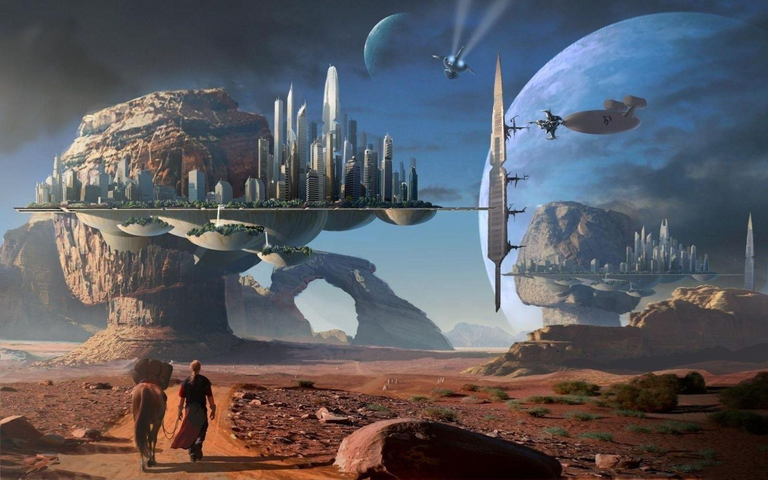
A New Era of Human Civilization
The journey to colonize space is more than just a scientific endeavor—it is a step toward ensuring humanity’s future. By pushing the boundaries of exploration, we unlock new opportunities for innovation and discovery. Whether on the Moon, Mars, or beyond, space colonization represents a bold vision for the next era of human civilization. With continued progress in technology and global cooperation, a multi-planetary future may soon become a reality.
